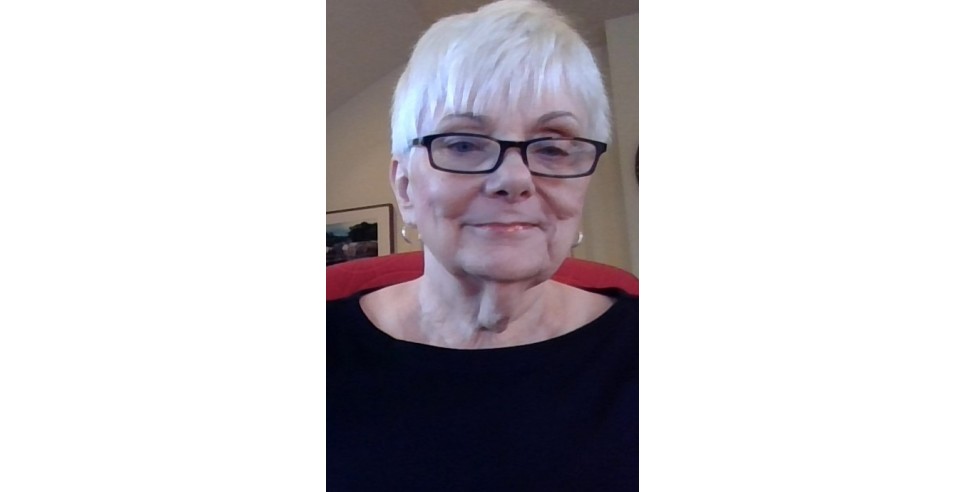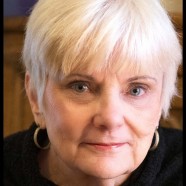
When I last wrote on November 8, I was optimistic: “those of us who are vaccinated are able now to go out to have a meal, travel, attend a concert or an exhibition or an athletic event and, in general, move about much more freely than before.” The COVID booster and antiviral had become two more arrows in our quiver to fight the virus. A day later,
On November 9, a specimen of SARS-CoV-2 was taken from an infected patient in Botswana. Genomic analysis quickly revealed this specimen to be a novel variant, initially dubbed B.1.1.529. Scientists in South Africa rapidly tracked the emerging variant to a number of local provinces. It was formally reported to the World Health Organization on the 24th of November and two days later the WHO’s Technical Advisory Group on SARS-CoV-2 Virus Evolution (TAG-VE) officially designated B.1.1.529 a “Variant of Concern” (VOC), the highest alert category for an emerging coronavirus variant.” (Pedfire.com)
This is the Omicron variant that is spreading rapidly around the globe, that Dr Anthony Fauci today says makes up 3% of U.S. cases right now, and in some parts of the country represents 50% of the cases reported. As cases seem to double every day, and the holiday season is upon us, it is difficult to restrain our impulses to socialize and celebrate the season. Projections show that January and February numbers will rise further. While this variant appears to be milder than Delta (still 90+% of our cases), we do not yet have the evidence. What we do know is that medical personnel are overwhelmed after 22 months of unstinting service.
The rapid spread of the Omicron variant of the COVID virus is troubling. Here in Seattle, the university has announced that it has already been detected on campus. Cornell and Princeton have both shut down their physical facilities and moved to online finals. A number of faculty are concerned that there is no mandate in place for all of us, including students, to get the booster since we know that patients who are boosted have milder symptoms than those who are not. (Both MIT and Brown have announced booster mandates.) Fortunately, the end of the quarter is also close to holidays and is a time where students are leaving the campus and social distancing is naturally taking place.
The exhausted university administration has a lot to consider, including the fact that it is a state institution, subject to the governor’s guidelines. We want to continue to teach our classes in person. But I can only speak for myself when I say that, as I work on my course website for the class that begins January 3, I am planning it to be either an in person or online course, whichever turns out to be the case. I am at this point reasonably certain that we will be online since effects of the holiday spread of omicron will start showing up in early January.
Employers who have already brought their employees back into the office on the hybrid model or small businesses who have finally managed to hire empty positions thought that the worst was over. For psychological as well as economic reasons, we are tired of being cautious. But the risk has risen again. Even if officials don’t impose guidelines before Christmas and New Year’s Eve, it’s safe to assume that there will be adjustments made early in January.
There is no doubt that infections would decrease if more people were vaccinated and boosted. We hear consistently that our medical centers and our ICUs, where teams have been working at a frantic pace for nearly two years now, are overrun. So far the global supply chain appears to have held for the manufacture of personal protective equipment, but problems with port cities are upon us.
“China’s pursuit of covid-zero has led to swift, severe measures to control the spread of infection, and policies to contain covid have only intensified since the omicron variant began to spread…China’s policies at port have an outsized impact on the overall functioning of the global supply chain. The country is the world’s largest exporter of goods, as well as the largest importer of commodities. More ships call into the ports of China than any other country.” (Quartz)
Our access to medical treatment is fundamental, but already shaded with qualifications as any number of surgeries or other procedures (and in some cases, emergency room treatments) have had to be postponed to make way for COVID patients. Other first responders like EMTs, fire and police officers, bus drivers, airline and train personnel have been overwhelmed and sometimes assaulted as well by those angry at having to wear a mask or show proof of vaccination.
A teacher’s life is different than a first responder, but no less isolated and anxious as we continue to make accommodations for students who are sick, who are the only English language speaker in their family and thus called upon to perform unrelenting service in medical matters, and on students working more than one job and going to school at the same time.
“It seems like we are always thinking about COVID,” one of my students said. I could only agree.
I thank you, the 500 or so readers who have continued to read when my column has focused on dark matters. Peace on Earth, Goodwill to All.
###
Annie teaches courses on risk management and cybersecurity at the University of Washington. She is founder and principal of ASA Risk Consultants, a Seattle-based advisory firm. She spent 10 years at Washington Mutual Bank, where for most of those years she chaired the crisis management team. Annie is a member of the Cybersecurity and Infrastructure Security Agency (CISA) Region 10 Regional Infrastructure Security Group. She was inducted in 2011 into the Hall of Fame for the International Network of Women in Homeland Security and Emergency Management. She writes a column monthly for ASA News & Notes and is the author of several books or book chapters. She was a pro bono risk advisor to the Seattle Police Department from 2015-2019, and is a member of the emeritus board of directors for the Seattle Public Library Foundation.









